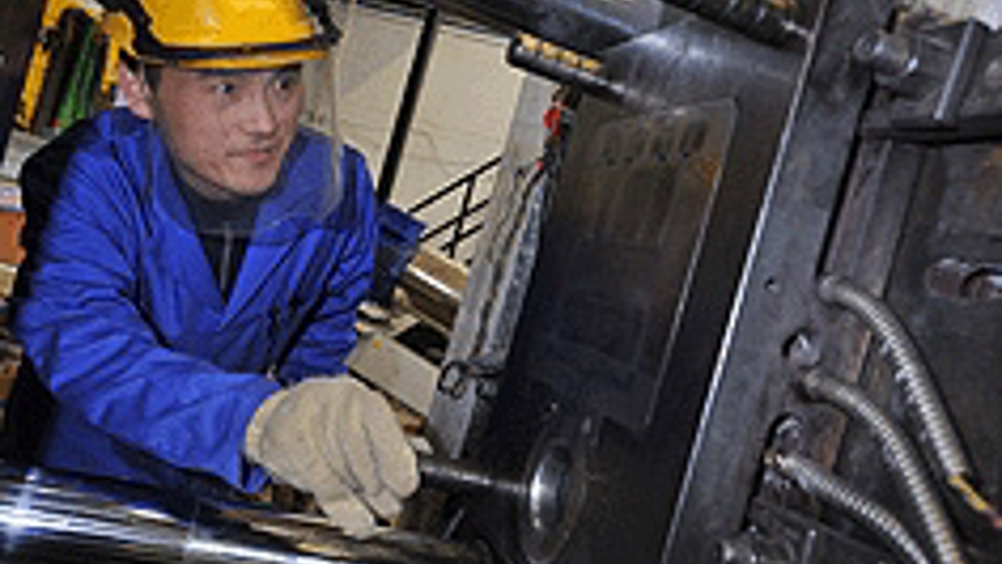More in
Brunel University launches manufacturing research centre
Brunel University has launched its Collaborative Research Network (CRN) in Innovative Manufacturing, which is aimed at giving UK manufacturers a leading edge in the global marketplace.

According to Brunel, the CRN will provide UK industry with access to the university’s manufacturing expertise and create new opportunities for innovation in knowledge transfer, cross-disciplinary research and industrial collaboration.
Prof Kai Cheng, leader of the Innovation Manufacturing CRN, said: ‘In the last few decades, manufacturing has moved from comprising those activities that take place within the factory walls to a multi-skilled, multi-disciplinary cycle of activities combining research, design and development, production, logistics, service provision and end-of-life management.
‘Many different players and partners up and down the value chain are needed to undertake these activities. As a result, it has become difficult for all but the largest players to assemble the skills, knowledge and technologies needed to develop new products and services successfully.
‘The Innovative Manufacturing CRN will enable UK manufacturers of all sizes to access in one place the expertise they need.’
Dr Richard Bateman, co-ordinator of the Innovative Manufacturing CRN, added that, despite widespread public perception, manufacturing remains critical to the UK’s economy.
Register now to continue reading
Thanks for visiting The Engineer. You’ve now reached your monthly limit of news stories. Register for free to unlock unlimited access to all of our news coverage, as well as premium content including opinion, in-depth features and special reports.
Benefits of registering
-
In-depth insights and coverage of key emerging trends
-
Unrestricted access to special reports throughout the year
-
Daily technology news delivered straight to your inbox







Klein Vision unveils AirCar production prototype
According to the Klein Vision website, they claim the market for flying cars will be $1.5 trillion by 2040, so at the top end $1 million per unit that...